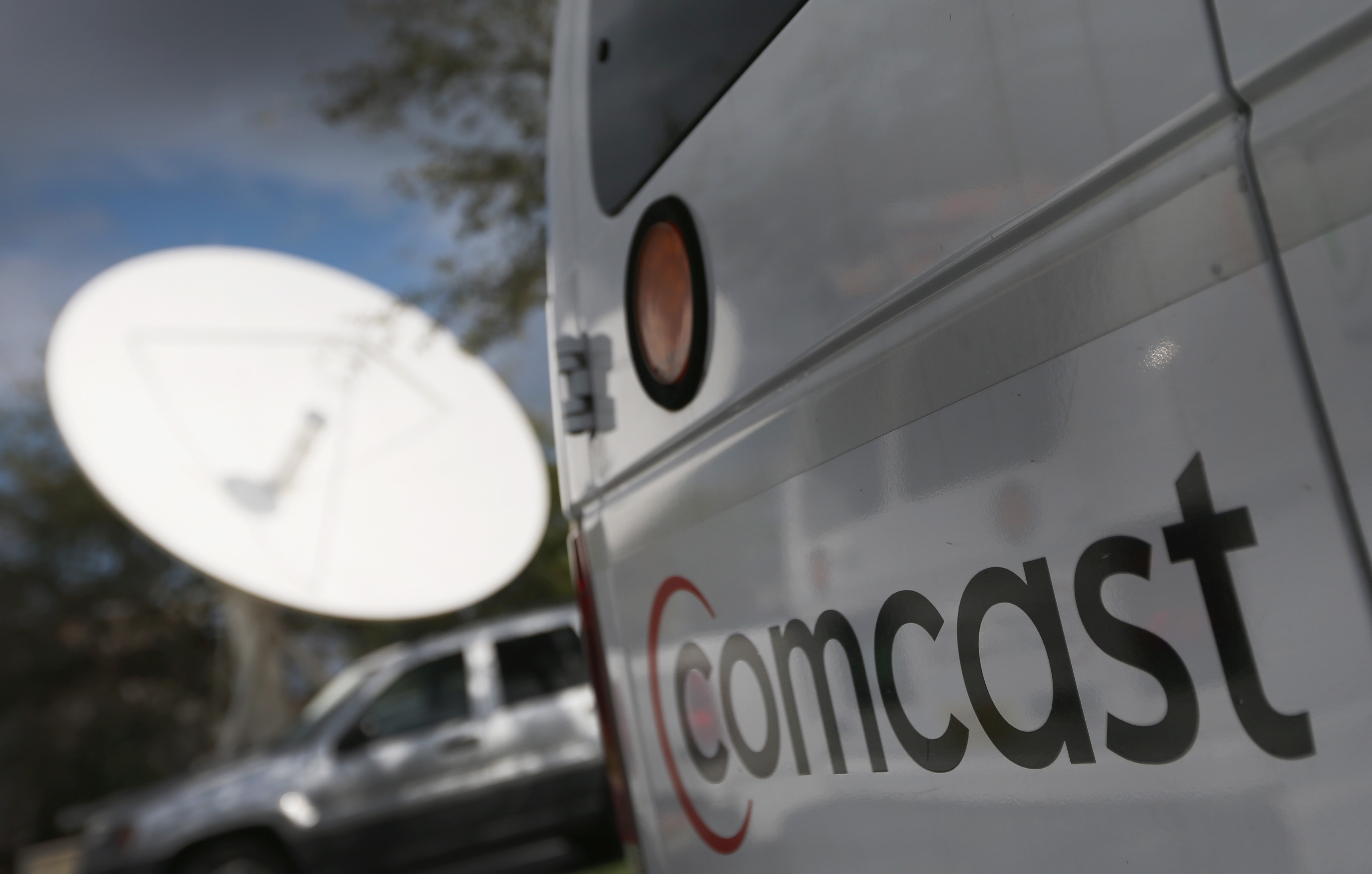Inside a failed cable mega-merger
Everything you need to know, in four paragraphs

A free daily email with the biggest news stories of the day – and the best features from TheWeek.com
You are now subscribed
Your newsletter sign-up was successful
Everything you need to know, in four paragraphs:
The country's two biggest cable companies have called off their $45 billion marriage, said Roger Yu and Mike Snider at USA Today. After 14 months of planning and lobbying, Comcast's proposed purchase of Time Warner Cable unraveled with alarming speed last week, with executives calling off the deal just a day after learning that government regulators would fight it. The nail in the merger's coffin was "a classic Washingtonian maneuver — the threat of delay." The Federal Communications Commission told Comcast executives the deal would be referred to an administrative hearing, where approval might languish for "months, if not years." That was when Comcast threw in the towel, deciding "the wait just wasn't worth it."
When it was first announced last year, the Comcast-TWC union seemed like a "sure thing," said Marguerite Reardon at CNET. Though the merged media giant would have controlled as much as 57 percent of the national broadband market and 30 percent of the pay-TV market, the two companies argued that competition wouldn't be harmed, because they don't directly compete in most regions. But then a nationwide debate over net neutrality erupted, and the White House backed strong rules to keep the internet's traffic lanes free of "gatekeepers." Suddenly, allowing a single company to dominate Americans' broadband access "didn't jibe with the administration's open-internet stance." It also didn't help that Comcast and Time Warner are "among the most-hated companies in the country," said Haley Sweetland Edwards at Time. Unsurprisingly, "the prospect of two nationally despised companies merging into one bigger despised company did not earn much public support."
The Week
Escape your echo chamber. Get the facts behind the news, plus analysis from multiple perspectives.

Sign up for The Week's Free Newsletters
From our morning news briefing to a weekly Good News Newsletter, get the best of The Week delivered directly to your inbox.
From our morning news briefing to a weekly Good News Newsletter, get the best of The Week delivered directly to your inbox.
The merger's collapse is "good news for consumers," said The New York Times in an editorial. An enlarged Comcast would have controlled cable and internet access in nearly all of the 20 largest urban areas in the country, including New York City, Los Angeles, and Chicago, giving it vast power to "raise prices and limit consumer choice." Comcast has also repeatedly shown it is willing to use "what power it has to weaken its competitors," said Tim Wu at The New Yorker. When Netflix and Amazon Prime want to deliver a show or movie, they often have to go through Comcast to reach subscribers' homes. And the company has been doing all it can to "slow the emergence of internet TV as a serious competitor to its own television offerings," including charging heavy access fees to Netflix and trying "to cripple" the online video service Hulu.
Netflix and Amazon might be celebrating now, but they "should be careful what they wish for," said L. Gordon Crovitz at The Wall Street Journal. "They benefit from government favoritism today," but the same unjustified regulatory overreach used to block this deal could one day crimp their own efforts at expansion. The Obama administration has to a "remarkable extent favored one vision of the internet and TV future over another," said Justin Fox at Bloomberg View. If a Republican gains the White House in 2016, cable companies might once more win regulatory battles. But now that streaming is free to "hack away at cable's dominance, my guess is there's no turning back."
A free daily email with the biggest news stories of the day – and the best features from TheWeek.com